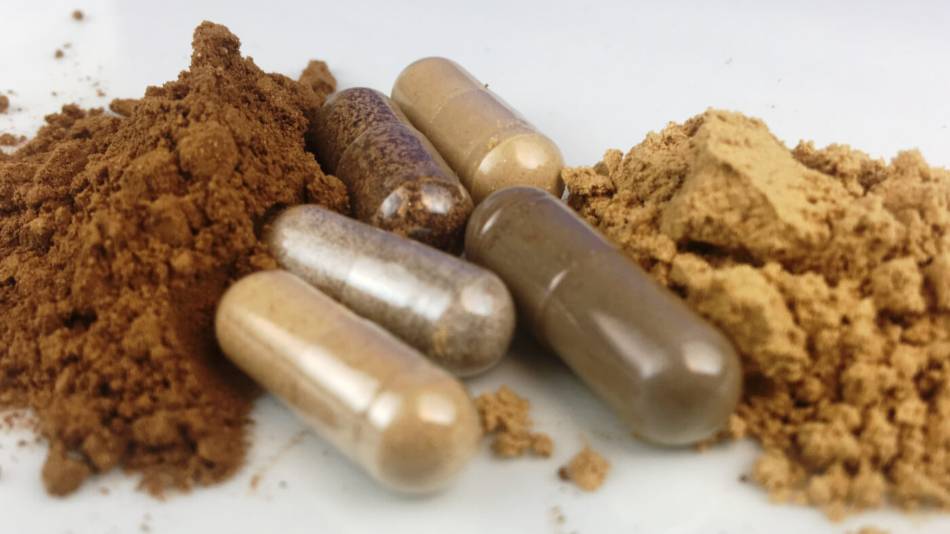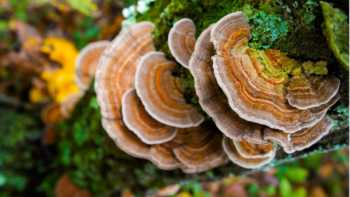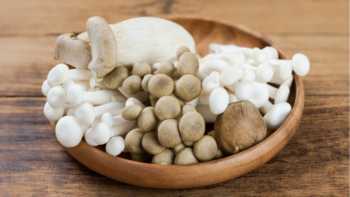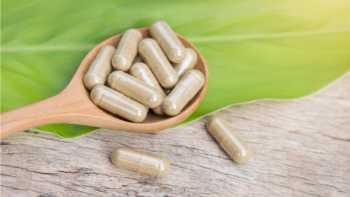Summary
-
What is reishi?
Reishi (Ganoderma lucidum) is an edible mushroom. Reishi supplements, commonly sold as capsules or powders, contain material from the dried fruiting body (the top or "mushroom") with or without material from mycelia (the branch-like network that gives rise to the fruiting body). Compounds in reishi thought to be biologically active are 1,3-beta-D-glucan, which is found in both the fruiting body and mycelia, and ganoderic acids, different sets of which are found in the fruiting body as compared to the mycelia. Extracts are also available in which these compounds are more concentrated than in whole dried reishi (see What It Is). -
What are the health benefits of reishi?
Reishi supplements made from fruiting body are commonly promoted for "strengthening" the immune system, as well as for lowering blood sugar, improving cardiovascular function, protecting from liver damage and reducing cancerous tumors. However, the evidence supporting these effects is based on small, short-term studies. More research is needed to confirm these effects (see What It Does). What did CL's tests of reishi mushroom supplements show?
Our tests found that although all of the products were confirmed to contain reishi, amounts of 1,3-beta-D-glucan per serving ranged widely from just a few milligrams to over 250 mg, and the cost to obtain 100 mg of 1,3-beta-D-glucan ranged from just 7 cents to $19! Ganoderic acids also ranged widely. One product could not be approved because its labeling could confuse a consumer as to the part of reishi it contains (see What CL Found).-
Which brand of reishi is best?
ConsumerLab found that several products provided significant amounts of 1,3-beta-D-glucan as well as ganoderic acids. One that was particularly rich in these beta-glucans was chosen as our Top Pick. There were other good options for getting fruiting body alone or fruiting body with mycelium. -
How to choose a reishi product?
When choosing a reishi product, be aware that products that list large amounts of polysaccharides do not necessarily provide large amounts of 1,3-beta-D-glucan (a polysaccharide). Instead they may simply contain large amounts of alpha-glucan, a common polysaccharide in grains, because reishi is grown on grains. This is most common with products listing mycelial biomass (see What to Look for When Buying). -
How to use reishi?
It's not clear if reishi supplements are best taken with or without food, although limited evidence indicated that food may inhibit the absorption of certain ganoderic acids (see What to Consider When Using). -
Reishi safety and side effects:
Mild side-effects may occur. High doses may have a blood thinning effect (see Concerns and Cautions).



















